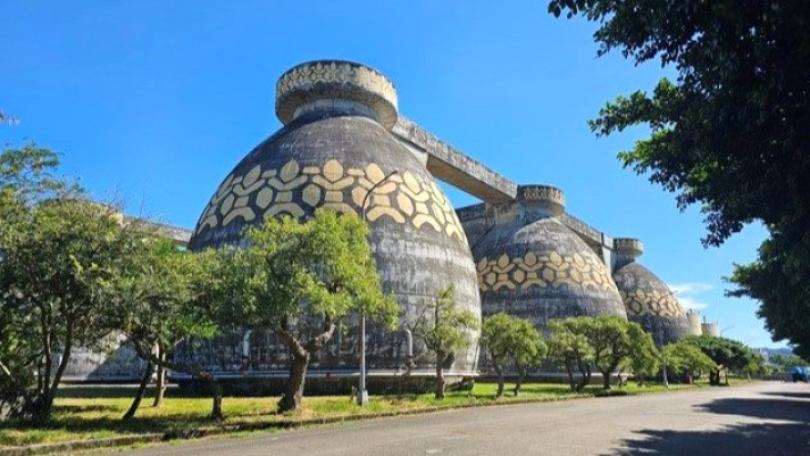MANY TAIWAN BUSINESSES HAVE LEGAL DISPUTES IN CHINA|台商赴中國投資風險 土地.法律問題居多
發布時間:
更新時間:
Many Taiwanese businesses have become mired in legal conflicts and litigation in China. The Council of Industry and Commerce Development held a forum yesterday to discuss case studies of disputes involving Taiwanese businesses and how to protect the rights of these businesses. The most common risks identified for Taiwanese businesspeople in China included personal safety, land conflicts, and difficulty with requesting authorities to enforce contracts or court decisions.
Taiwanese investment in China reached NT$13.1 billion in 2011, with a slight decline to NT$9.1 billion in 2016. However, not all of these investments have gone smoothly. Surveys show that conflicts involving land accounted for two-thirds of the disputes encountered by Taiwanese businesses in China. Former Chairman of the Council of Industry and Commerce Development Wu Sih-chung had invested 100 million RMB in a joint venture with a Chinese state-owned enterprise in 1992, but lost the entire investment.
==WU SIH-CHUNG Taiwan businessperson==
Zhou Yongkang decided he liked this plot of land, so he said that the Ministry of Land and Resources was going to take it back. And they did, without compensating me at all. The (Chinese) Supreme Court ruled that the project should not go forward.
A Straits Exchange Foundation survey showed that the most common problems encountered by Taiwanese businesses in China include personal safety, land conflicts, and difficulties with enforcement. Even courts sometimes would not comply with laws. Cross-strait agreements signed in the past have included channels for administrative assistance, but as cross-strait relations have deteriorated, the difficulty of resolving commercial disputes has increased.
==JAO JEN-HUNG Dep-Dir., DOEA, Straits Exchange Foundation==
In the process, there might be certain factors of uncertainty in China that pose obstacles. For example, when the other party does not want to comply with the result of an arbitration, they might take it to the courts and ask for a ruling not to enforce it.
The CICD said that, as investment costs have increased and environmental awareness has grown in China, the pressure on Taiwanese businesses is also growing. China often has differing ideas and interpretations regarding the agreements and laws that underpin commercial activity across the strait, contributing to the disputes and litigation that Taiwanese businesses are often mired in. They urged caution for businesspeople.
TRANSLATED BY:JOHN CHEN
兩岸投資互動一直都有,但台商傳出在對岸吃虧纏訟的情況也所在多有,今天工商建研會針對台商爭議案例和台商權益保障,召開座談會進行討論,其中歸納出台商赴陸面臨的風險,包括人身安全通報,最多的是土地糾紛,以及要求陸方執行契約或法院裁定的困難。
兩岸經貿開放,台商赴陸投資,100年投資總額約131億,105年略下滑到91億,不過投資過程也不完全順利,根據統計台商在中國大陸遇上的投資困難,2/3為土地糾紛,工商建研會前理事長吳思鍾,1992年在北京與陸方國營企業合資,砸下一億人民幣,到最後卻血本無歸。
==台商 吳思鍾==
結果周永康看上這塊地
他說國土資源部要收回去
那土地就收回去
但沒有給我任何的賠償
(中國大陸)最高法院
做一個裁定說 這個案子不必執行
海基會統計,台商在對岸最容易出問題的,包括人身安全通報,土地糾紛難解,還有就是執行困難,特別是法院本身出現不守法情況,最為明顯。兩岸過去簽署的投資保障協議,有行政協處的溝通管道,但如今兩岸交流走下坡,也增加兩岸商業糾紛處理難度。
==海基會經貿處副處長 饒仁宏==
過程當中 大陸可能會存在一些
不確定的因素來阻礙
什麼樣的因素
可能你的仲裁裁決
對方他不想履行
他有可能會向法院申請不予執行
工商建研會表示,中國大陸投資成本提高,環保意識抬頭,台商壓力愈來愈大,而兩岸商務互動奠基的契約和法規,中國大陸對法制的概念和解釋,又常與台灣有落差,都是造成台商常吃虧纏訟的主因,不能不謹慎。
記者 李曉儒 彭耀祖 台北報導










